- U.S. consumers want Chinese electric vehicles for a variety of reasons.
- Tariffs are a short-term solution to U.S. automakers’ lack of competitiveness.
- Finding a way to work with Chinese electric vehicle makers is a better option.
The proposed 100% tariffs on Chinese electric cars will deny U.S. consumers access to products they are interested in and are only a short-term solution to U.S. automakers’ lack of competitiveness in the EV space.
ADVERTISEMENT
Rather than using U.S. tariffs on China to keep Chinese electric cars out of the U.S. market, automakers should find ways to work with Chinese companies with EV and user experience technology to make the kind of EVs that consumers want to buy.
To be clear, the U.S. tariffs on China are aimed at a wide swath of Chinese products. But they are clearly a political move to protect U.S. automotive industry jobs, among other aims. And while the tariffs target all types of Chinese cars, not just EVs, the recent reports of how cool the Chinese electric cars on display at the Beijing Auto Show were only made the U.S. auto industry — and the U.S. political establishment — more nervous than they already were about competing with Chinese EVs.
U.S. Consumers Want Chinese Electric Cars

“It is stunning how far and fast Chinese EVs have come in a short time,” Ed Kim, president and chief analyst at SoCal consultancy AutoPacific, told Electrify News in an interview.
U.S. consumers are quite aware of Chinese cars, he said, and these days that mainly means Chinese electric cars.
“Social media has shrunk the world,” Kim says. “We now have so much more knowledge of what is sold around the world. Younger Americans are familiar with what Chinese EVs offer in terms of user experience.”
And those younger Americans want what they are seeing on TikTok.
A recent survey by AutoPacific found that 76% of respondents under 40 would definitely or maybe consider buying a Chinese brand vehicle. Older consumers were also open to Chinese brands, however. Even 42% of those aged 50-59 would definitely or maybe consider buying a Chinese brand vehicle, the survey found.
“The consumer will get what they want,” Kim said.
ADVERTISEMENT
While the tariffs may buy U.S. automakers some time when it comes to Chinese electric cars entering the U.S. market, “these trade barriers are not going to keep Chinese EVs out of the market,” Kim said.
Remember the Japanese Auto Brand Lesson
The U.S. tried to keep Japanese automakers out of the U.S. market by imposing import quotas, but Japanese brands came anyway, and by building manufacturing in the U.S., they conquered.
This should be a lesson, Kim said.
“I can only hope that the automakers remember that they absolutely suffered at the hands of the Japanese automakers,” he said.
The Japanese plants in the U.S. produced ultra-reliable, high-mileage products the consumers wanted, and U.S. automakers did not have comparable products to address the Japanese brands, Kim said.
Local Production Makes Chinese Electric Cars More Attractive

Chinese electric cars would be even more attractive to U.S. consumers if they were produced here in the U.S., the AutoPacific study found. Local production increased consideration of all respondents by 16% and by 39% for those under 40.
If it was built in the U.S., even 12% of people under 60 would consider a Chinese brand car (but probably not an EV, to be honest.)
ADVERTISEMENT
Would Chinese Electric Cars Made in Mexico Avoid U.S. Tariffs on China?
It may be a while before Chinese automakers set up plants here in the U.S. But how about Mexico? AutoPacific found that around 37% overall would definitely or maybe consider a Chinese-brand vehicle made in Mexico. That rises to 73% for those under 40.
Chinese automakers are already eyeing production in Mexico, Guido Vildozo, associate director, consulting at S&P Global Mobility, told Electrify News in an interview. There are over five Chinese automakers actively prospecting plant locations there, he said.
Under the terms of the U.S.-Mexico-Canada Agreement (the USMCA), vehicles produced in Mexico that meet the North American content requirement of 75% would avoid tariffs. But with Chinese automakers it isn’t that simple, Vildozo said.

The local content requirement aside, the Inflation Reduction Act puts very strict limits on ownership of companies as well as assignment of board members, he said.
“Therefore, while on paper setting up shop in Mexico allows for access into the highly profitable US market, the current hurdles are not small to jump,” Vildozo said.
In any case, Chinese automakers have repeatedly said vehicles assembled in Mexico would not be for export to the U.S. Rather, they would be for sale in Mexico and export to Latin America.
But Vildozo figures Chinese automakers will do that for one generation, meanwhile learning about the U.S. market, then exporting to the U.S. in the next generation.
“The bottom line is you can’t tariff your way out of this forever,” he said.
ADVERTISEMENT
European Lessons About Chinese EV Makers
The U.S. tariffs on China will create a temporary safeguard for U.S. automakers, Vildozo said. But he pointed out that Chinese brands already have 8% of the European light vehicle market and 25% of the zero-emission vehicle market. “The direction is clear,” he said.
There are other lessons Europe can teach us, and those lessons are playing out in real time. Rather than fight them, why not partner with Chinese EV makers? Stellantis CEO Carlos Tavares made that point very starkly in his recent comments to Reuters.
The European Union is also weighing whether or not to impose tariffs on Chinese vehicle imports, including Chinese electric cars, though not at the 100% level the U.S. is considering.
Tavares called such tariffs “a major trap” that would prevent Western automakers from making the changes needed to compete against lower-cost Chinese automakers. Stellantis partnered with Chinese electric vehicle maker Leapmotor to produce EVs in China and will sell those Chinese electric cars outside of China, beginning with Europe in September 2024.
Finessing the Transition

U.S. tariffs on China may serve a purpose in the near term to smooth the transition bumps to electric vehicles, Vildozo said. U.S. automakers were a bit blindsided by the complexity of manufacturing and selling electric vehicles. If Tesla could do it, how hard could it be? But, as Vildozo pointed out, it took Tesla 12 years to make profitable EVs.
“We are still finessing the transition,” he said.
Fine, but imposing 100% tariffs is not the answer. There is a market in the U.S. for affordable Chinese electric vehicles. Consumers want them. Chinese automakers have them. Finding a way for China and the U.S. to work together on some aspects of the transition to electric vehicles would be way better than boosting costs for consumers and making U.S. automakers less competitive with tariffs.
ADVERTISEMENT

FEATURE IMAGE: LEAPMOTOR
FTC: We use income-earning auto affiliate links. Learn more.


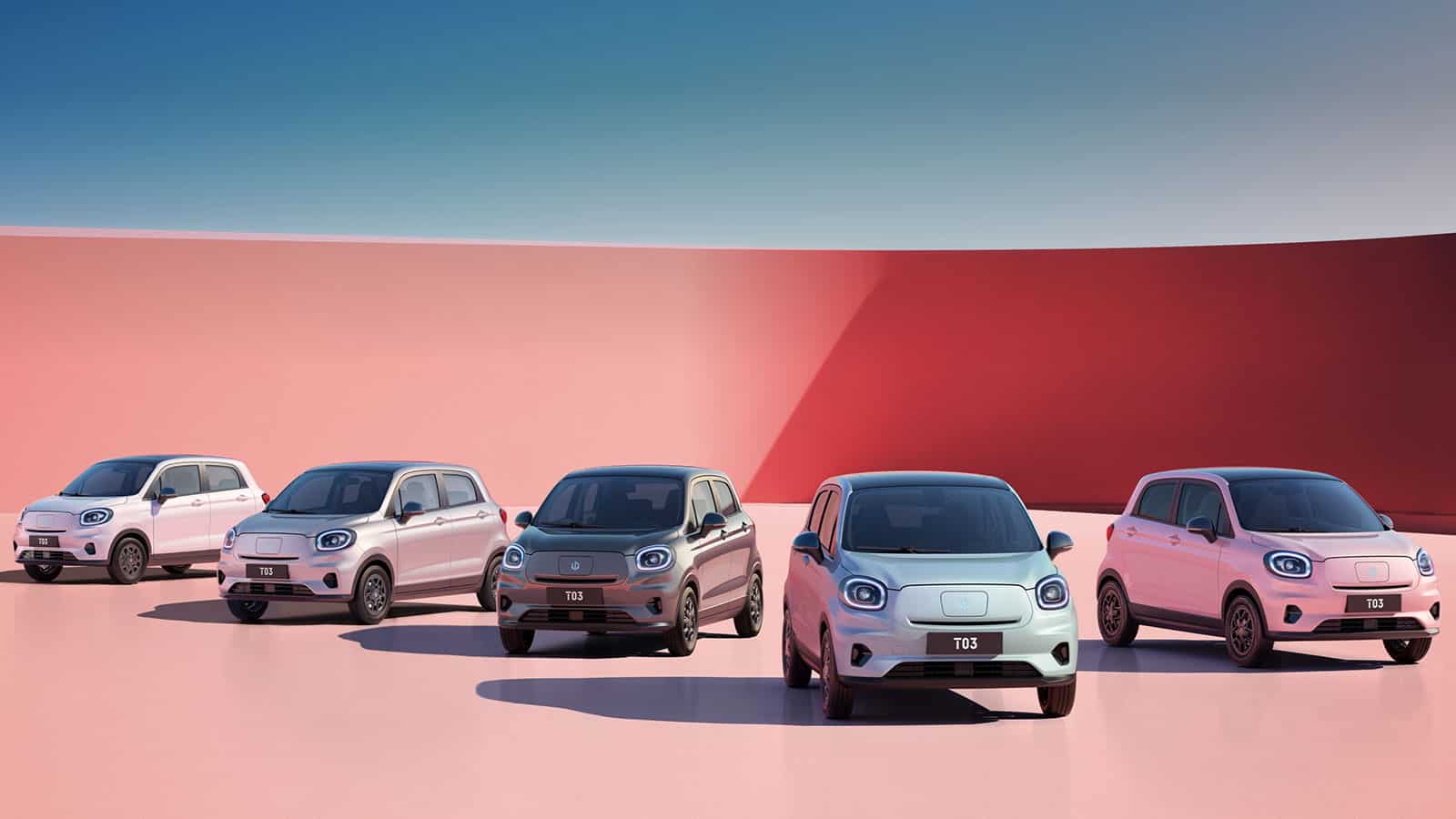


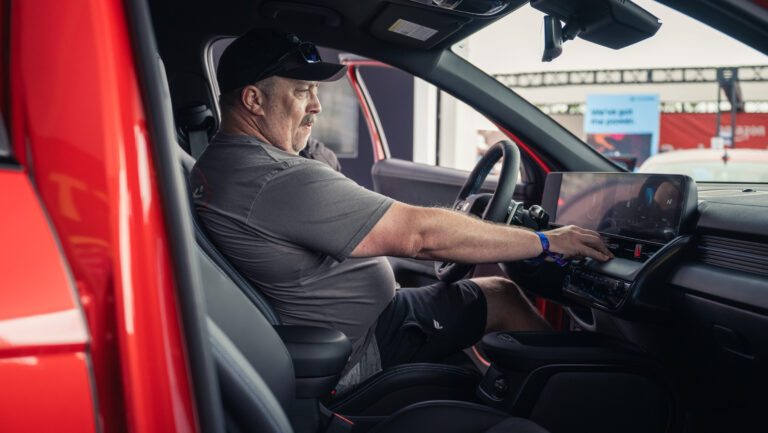
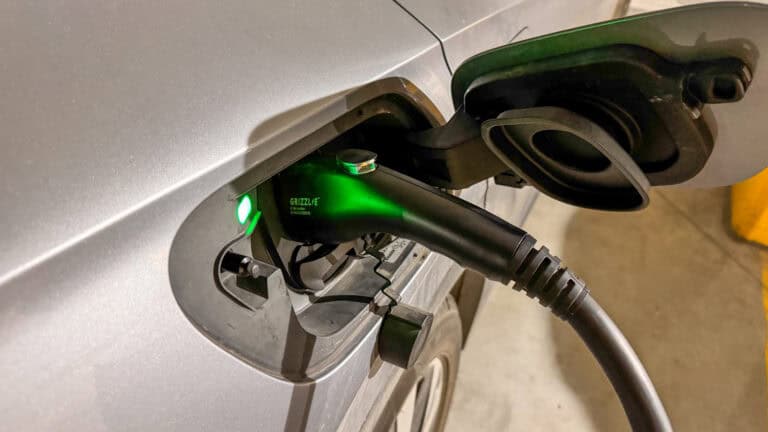
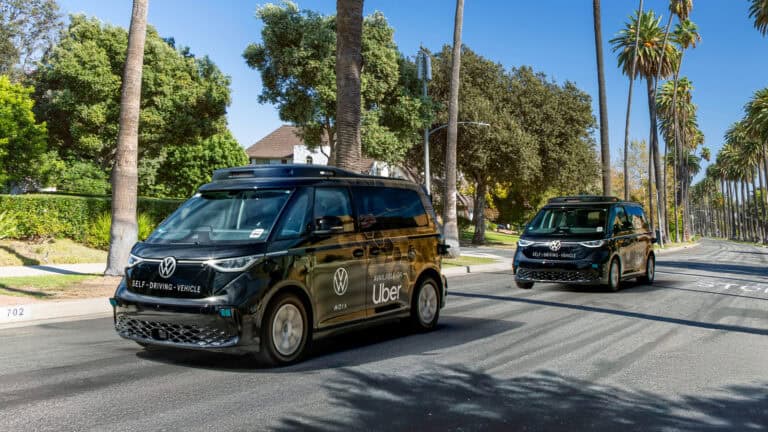
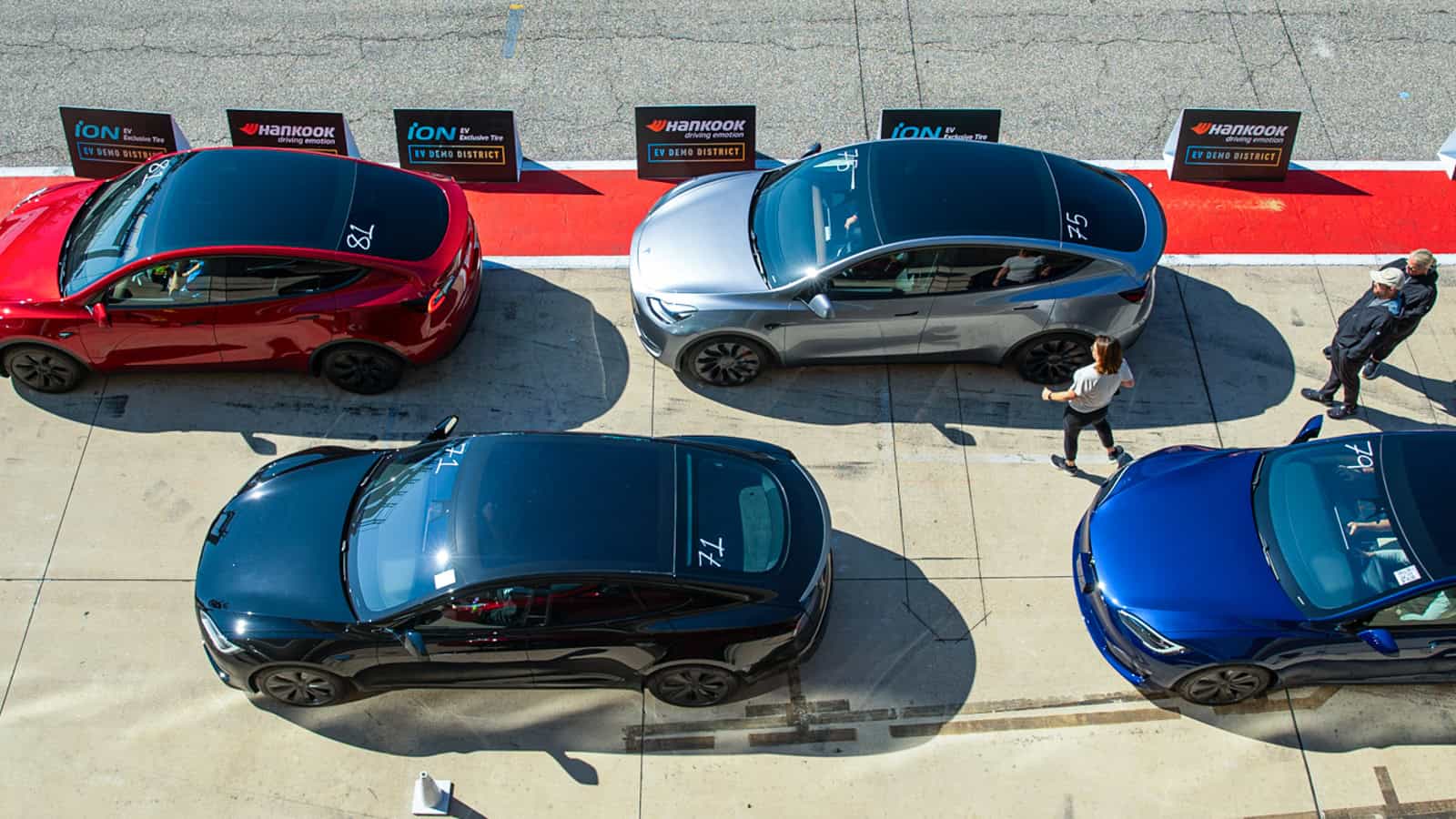
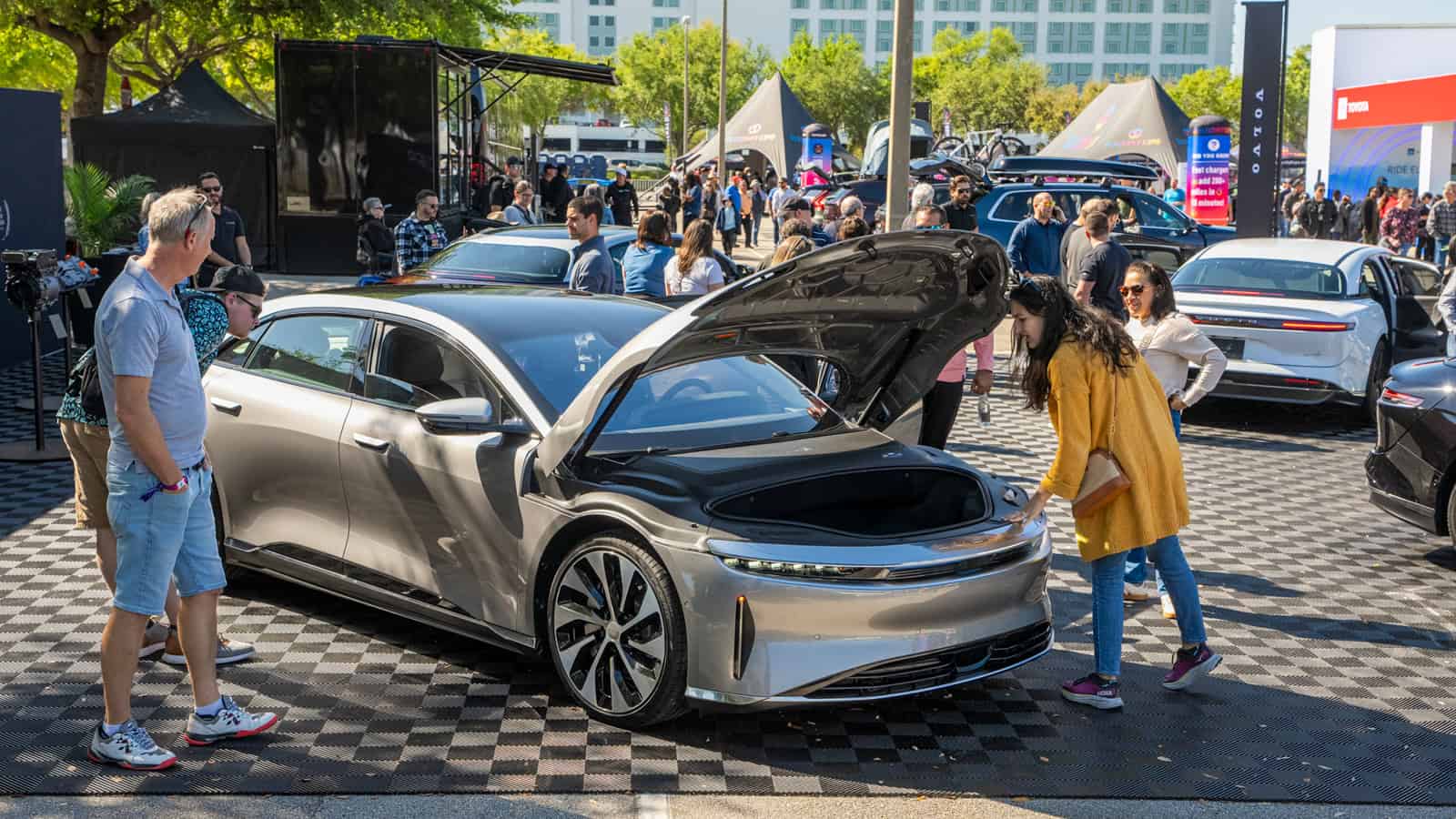

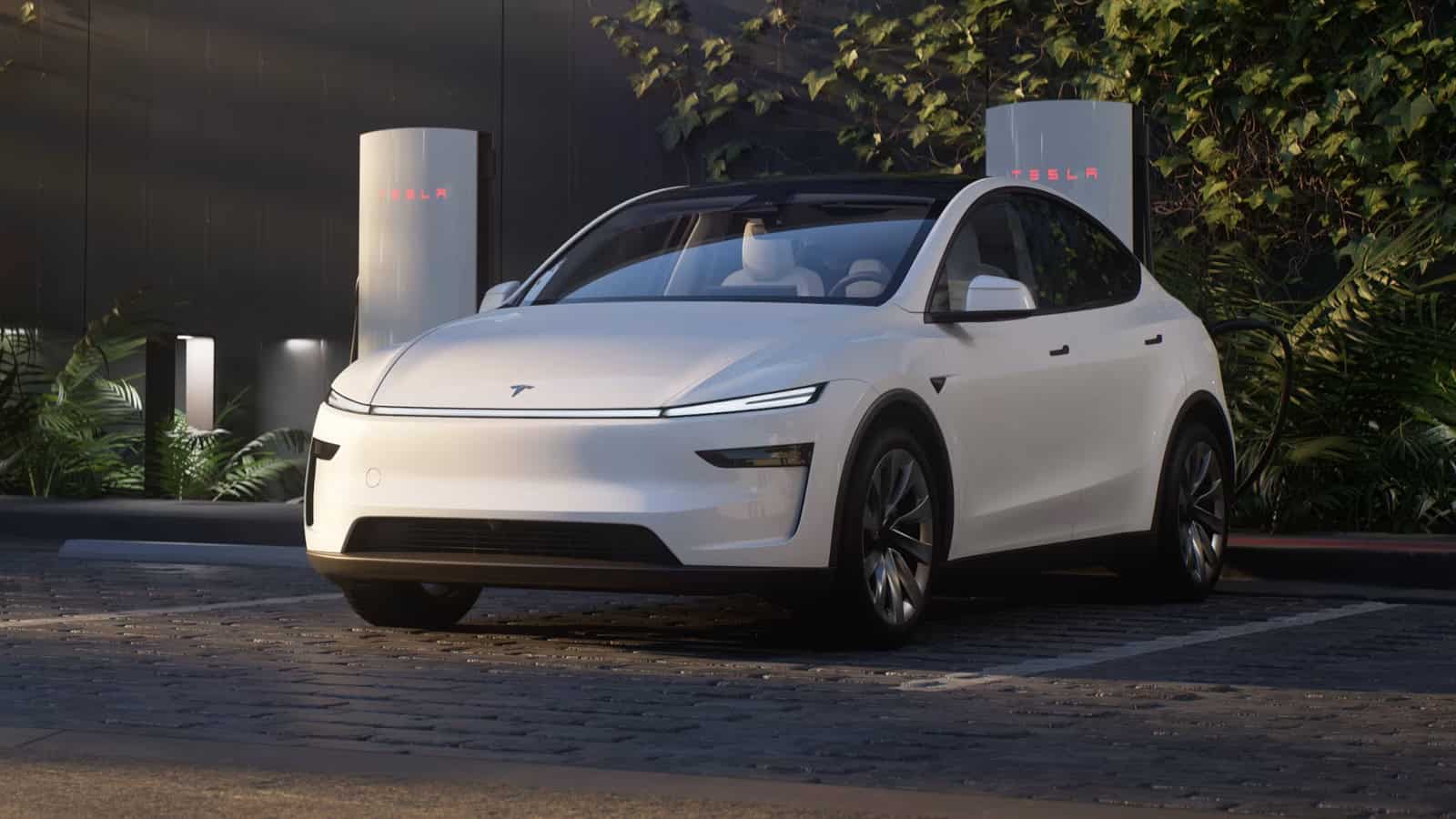
2 Responses
I’m in the almost 70 category and would consider a Chinese ev. I’d be concerned about it’s safety rating. And I’d also have to wonder if by buying a Chinese product I’d inadvertently be supporting a country which isn’t thought of as a supporter of human rights. That being said, I’m very interested in the solid state battery technology I’ve been reading about lately. Also, I’m wondering how quickly most major automakers will get on board with Tesla’s charging network.
Hi Sara,
As one who lived in China for 14 years and came to loathe the government for how it treated its people (and those were the good years in China), I understand your concerns re: human rights. But you already wear/use many products made in China. Regarding safety, a Chinese EV could not be sold here if it did not pass FMVSS guidelines, which NHTSA handles. Solid state batteries are likely a ways off. Chinese EVs will have LFP batteries for the near future. Best, Alysha